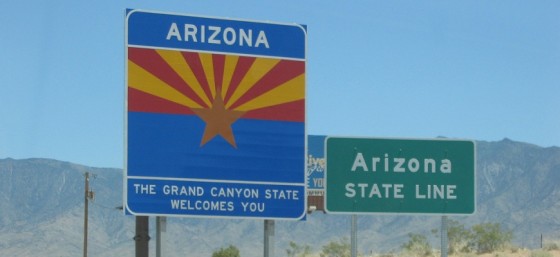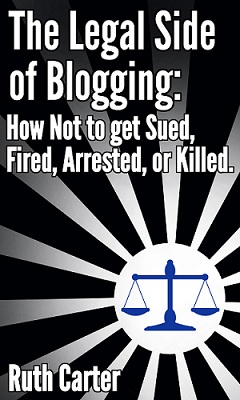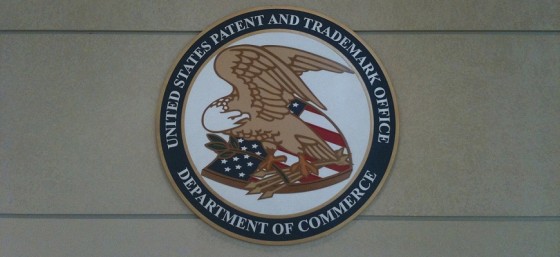
I got lots of messages last week when it came out that General Mills’ legal terms said that if you downloaded their coupons, connected with them on social media, entered a contest, or purchased any of their products that you agreed to resolve all disputes with the company through binding arbitration or informal negotiation via email.
And everybody lost their minds.
I can understand requiring arbitration for disputes related to contests. I write terms of service for websites all the time and I also include a dispute resolution where my client specifies where, how, and using which state’s law problems will be resolved. I would never tell a client to write their terms in a way that dictates how they’re going to resolve problems that are not related to a website.
I think it’s ridiculous that they’d even try to tell consumers that making a purchase forces them to resolve disputes in arbitration unless those provisions are available on the packaging and in print that might make a consumer take notice. I’ve never thought to examine a cereal box for contract terms.
Thankfully General Mills saw the light and reversed its decision and voided the offensive terms this past Saturday. In a blog post, General Mills spokesperson Kirstie Foster wrote, “No one is precluded from suing us by purchasing our products at a store, and no one is precluded from suing us when they ‘like’ one of our Facebook pages.”
General Mills still supports arbitration for resolving disputes and I understand why. It can be a faster and more cost-effective way to resolve problems. However, some disputes are better left to litigation where there is the option to pursue a class-action lawsuit when the situation warrants it.
We agree to contract terms all the time. Every time we click the “I agree” button for an online service or to create an account on a social media platform, we are agreeing to the terms of the contract (even if we don’t read the terms). The next time you go to a concert or a professional sporting event, flip over your ticket and read the fine print on the back. That’s a contract. I have no problem with these contracts as long as they make sense for the situation and don’t overreach into scenarios where it would be unreasonable for the terms to extend.

For example, I recently heard that there was a sign at a Whataburger restaurant that put consumers on notice that by eating in the restaurant, they agreed to resolve all disputes related to their dining experience via arbitration. I tried to confirm this but I didn’t see such a sign in my neighborhood Whataburger. I visited their website and didn’t see such a provision; however, I was perturbed to see terms and conditions that said:
By giving us permission to use your post or tweet, you agree that we may, at our discretion, use your real or social media user name and the content of your post or tweet (including all accompanying images) on our website to promote our company, products and services for such time period as we wish. You give us the right to edit your post or tweet for brevity, clarity and the like and to modify any image in any manner we deem necessary to use it on our website. You will not have the advance right to review or approve what we post on our website….You will not receive any compensation for granting us the above rights. We agree that you may withdraw the permission you have given us at any time by sending us an email at customerrelations@wbhq.com.
Whataburger’s Facebook page says they can use anything you post on their page but I didn’t see any similar verbiage on their Twitter profile. I think they’re trying to set themselves up so they can use anything you post about the company on social media, including editing it which I’m not too keen about the verbiage they used.
This is a topic that is worth watching to see what becomes the norm in social media marketing. I f you want to talk more about terms of service or social media law, connect with me on Twitter, Facebook, YouTube, LinkedIn, or you can email me. Please subscribe to the Carter Law Firm newsletter and visit my homepage for more information about Carter Law Firm.










